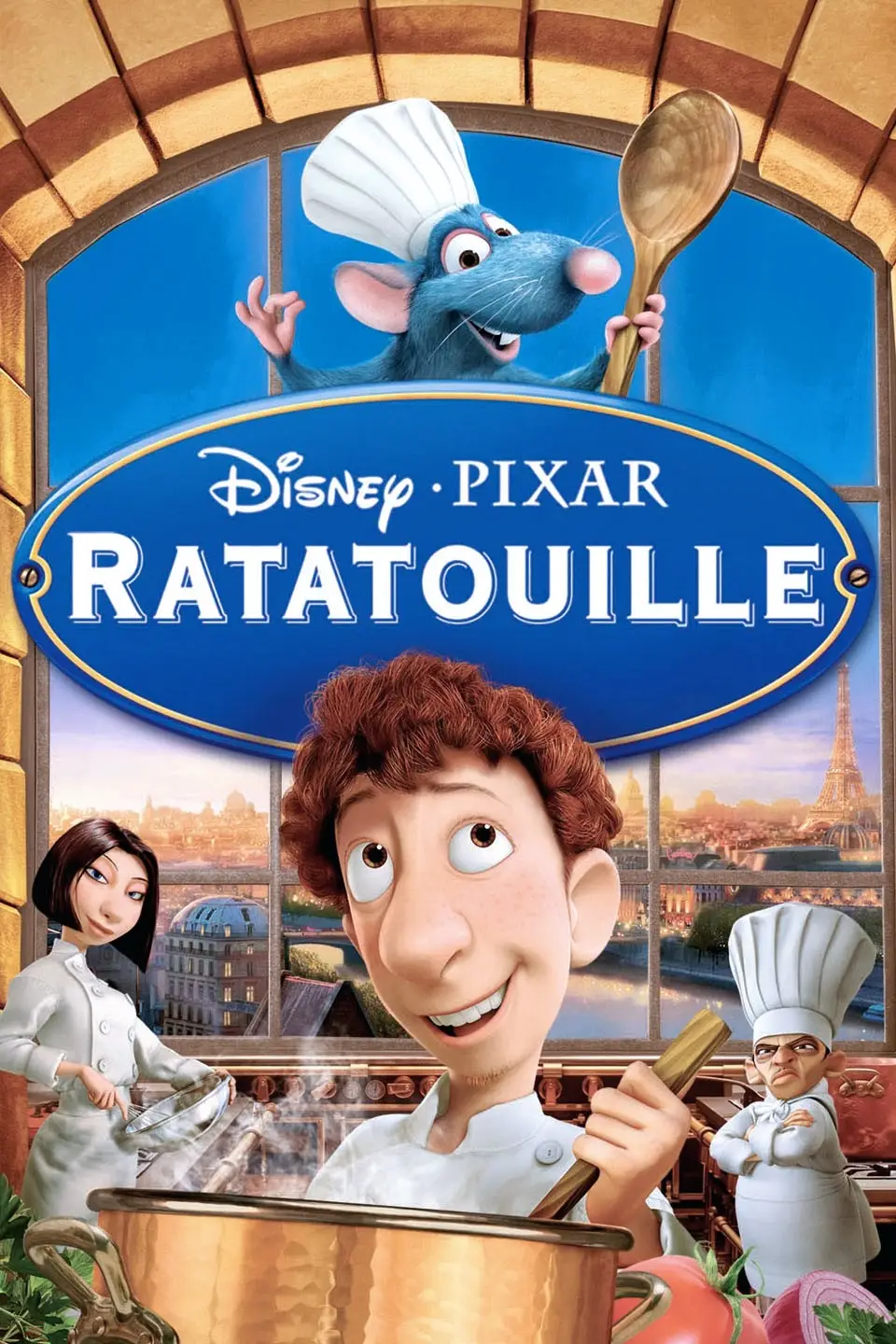
“Love Lies Bleeding” Unveiled: A Tale of Passion, Greed, and ConsequencesSleepy Hollow: A Haunting Tale of Mystery and Myth“Love Lies Bleeding” Unveiled: A Tale of Passion, Greed, and Consequences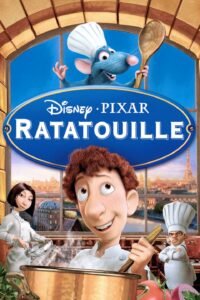
Ratatouille: A Delicious Tale of Dreams and Determination
Introduction
Ratatouille (2007), directed by Brad Bird and produced by Pixar Animation Studios, is a delightful blend of comedy, drama, and heart. This critically acclaimed film follows the story of an ambitious rat named Remy, who dreams of becoming a world-class chef despite societal and species-based prejudices. Set against the backdrop of Paris’s vibrant culinary scene, Ratatouille is a story about pursuing your passion, challenging conventions, and the unexpected power of collaboration.
Plot Summary
The Dream of a Rat
Remy, a rat with an extraordinary sense of smell and taste, lives in the French countryside with his colony. Unlike other rats, who are content scavenging for scraps, Remy aspires to create gourmet dishes inspired by his idol, the late Chef Auguste Gusteau, whose motto is, “Anyone can cook.” However, his talents go unappreciated by his family, especially his father, Django, who fears humans and their hostility toward rats.
A Fateful Journey to Paris
After a chaotic escape from their home, Remy is separated from his family and finds himself in Paris, near Gusteau’s once-renowned restaurant. The establishment has fallen into mediocrity under the management of Chef Skinner, who uses Gusteau’s name to sell frozen food. Determined to follow his dreams, Remy sneaks into the kitchen and creates a soup so delicious that it catches the attention of patrons and staff alike.
An Unlikely Partnership
Remy forms an unlikely partnership with Linguini, a clumsy and inexperienced garbage boy. By hiding under Linguini’s chef hat and using his hair to guide his movements, Remy transforms Linguini into an unexpected culinary star. Their unique bond forms the heart of the film, blending humor, teamwork, and mutual respect.
Challenges in the Kitchen
As Linguini rises to fame, tensions grow in the kitchen. Chef Skinner suspects foul play and plots to expose Remy’s secret. Meanwhile, Linguini struggles with newfound responsibilities and pressure, causing a rift between him and Remy. The stakes escalate when Anton Ego, a feared food critic known for his scathing reviews, announces his visit to the restaurant.
The Climactic Feast
For Ego’s review, Remy prepares a simple yet profoundly nostalgic dish: ratatouille. The dish transports Ego back to his childhood, evoking a deep emotional connection. Ego is so moved by the meal that he pens a glowing review, declaring Remy a true culinary genius.
A New Beginning
Though the truth about Remy is revealed, leading to the restaurant’s closure, the story ends on a hopeful note. Remy, Linguini, and Colette—Linguini’s romantic interest and skilled chef—open a new bistro called “La Ratatouille,” where humans and rats work together harmoniously.
Themes and Symbolism
Pursuing Your Passion
Remy’s journey is a testament to the power of following one’s dreams despite obstacles. His unwavering belief in his abilities reminds us that passion and perseverance can lead to extraordinary achievements.
Breaking Stereotypes
The film challenges stereotypes, particularly through the concept of a rat excelling in haute cuisine. It reinforces Gusteau’s mantra that talent and creativity can come from the most unexpected places.
The Power of Collaboration
Remy and Linguini’s partnership underscores the importance of teamwork and mutual respect. By combining their unique strengths, they achieve something greater than either could alone.
Cinematography and Animation
The visual artistry of Ratatouille brings Paris to life, from its bustling streets to the intricately detailed kitchens. The animation captures the texture of food so vividly that it feels almost edible. Michael Giacchino’s score adds a whimsical and emotional layer, enhancing the film’s charm.
Reception and Legacy
Upon its release, Ratatouille received critical acclaim and won the Academy Award for Best Animated Feature. It continues to be celebrated for its storytelling, character development, and stunning animation. The film’s universal themes of ambition, acceptance, and creativity have made it a timeless classic.
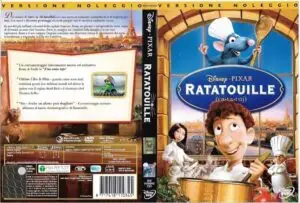
Conclusion
Ratatouille is more than just a tale about a rat in the kitchen—it’s a celebration of dreams, courage, and the magic of good food. With its heartfelt narrative, memorable characters, and breathtaking visuals, this film continues to inspire audiences of all ages. Whether you’re a foodie, a dreamer, or simply a fan of great storytelling, Ratatouille is a cinematic feast worth savoring.
FAQs
- Who directed Ratatouille?
Brad Bird directed the film, with Jan Pinkava contributing to its story development. - What does the movie’s title refer to?
The title references the traditional French dish Remy serves to Anton Ego, symbolizing the film’s themes of simplicity and heart. - What is Gusteau’s famous motto?
“Anyone can cook,” emphasizing that talent and passion know no bounds. - Why is Ratatouille considered a classic?
Its blend of humor, emotion, and stunning animation makes it a beloved story that resonates across generations. - What is the significance of Anton Ego’s review?
Ego’s transformation from a harsh critic to a heartfelt advocate for creativity underscores the film’s message of open-mindedness and appreciation.
Discover more from imd369
Subscribe to get the latest posts sent to your email.
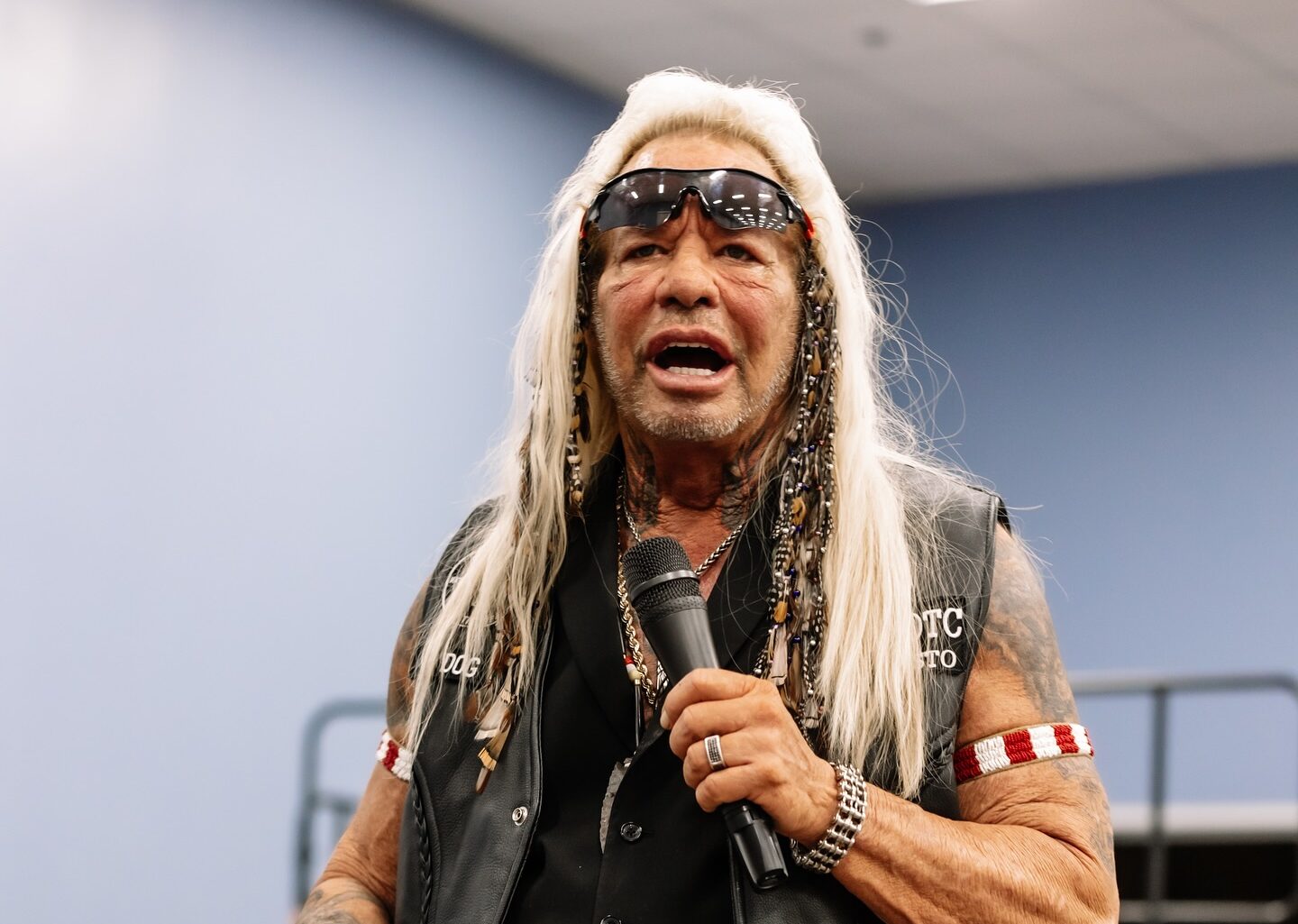
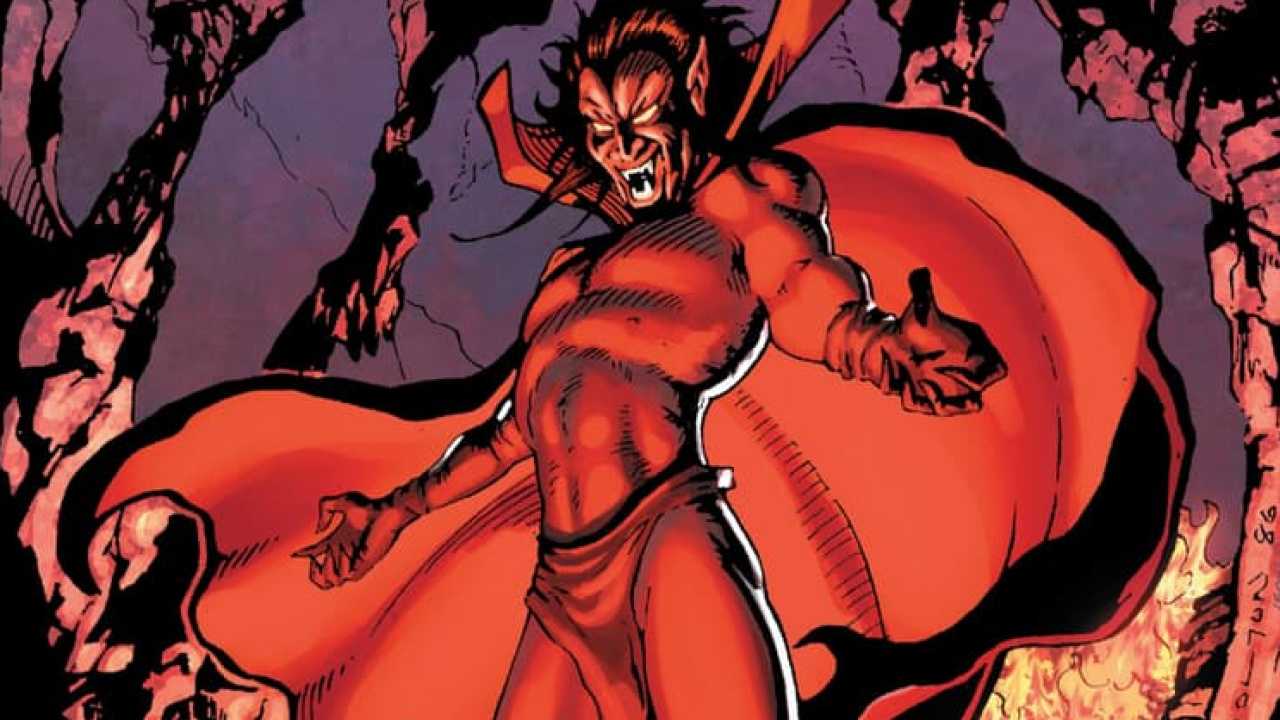
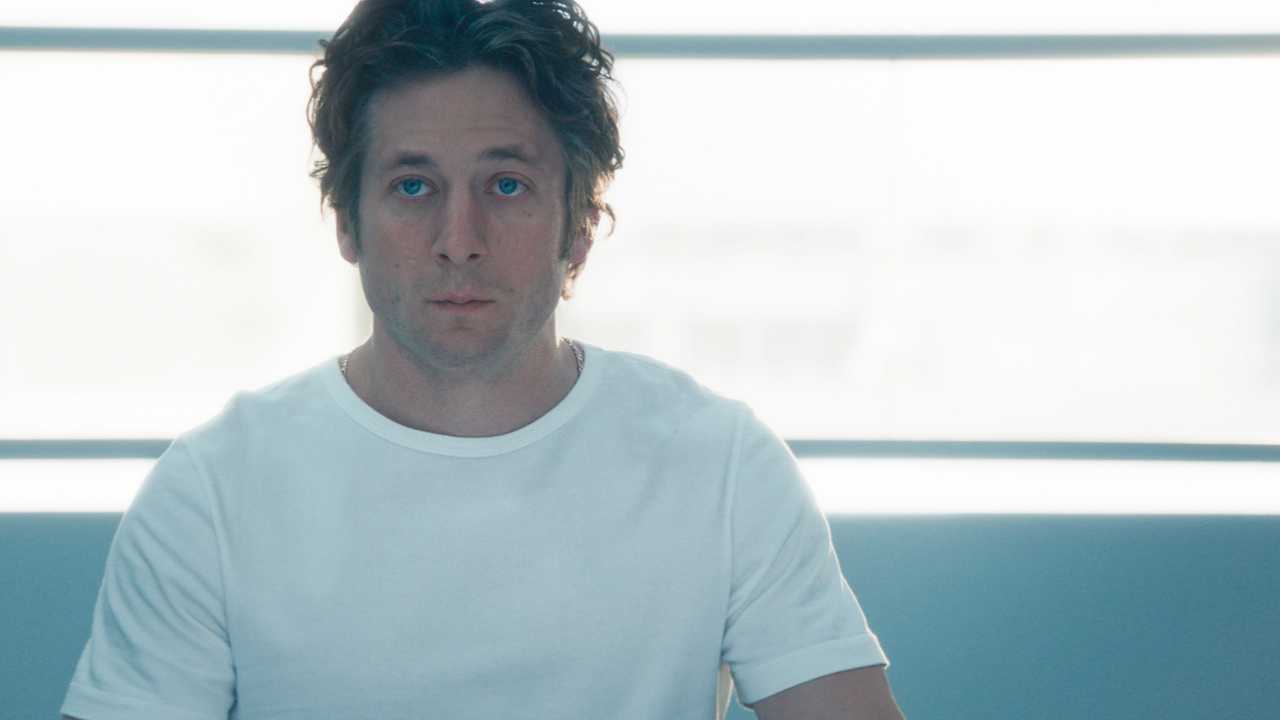

2 thoughts on “Ratatouille: A Delicious Tale of Dreams and Determination”